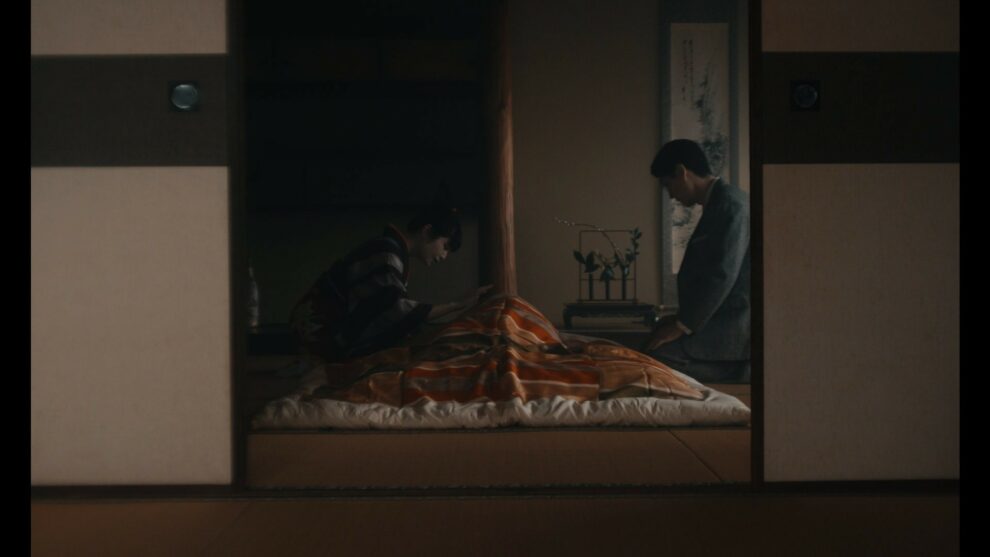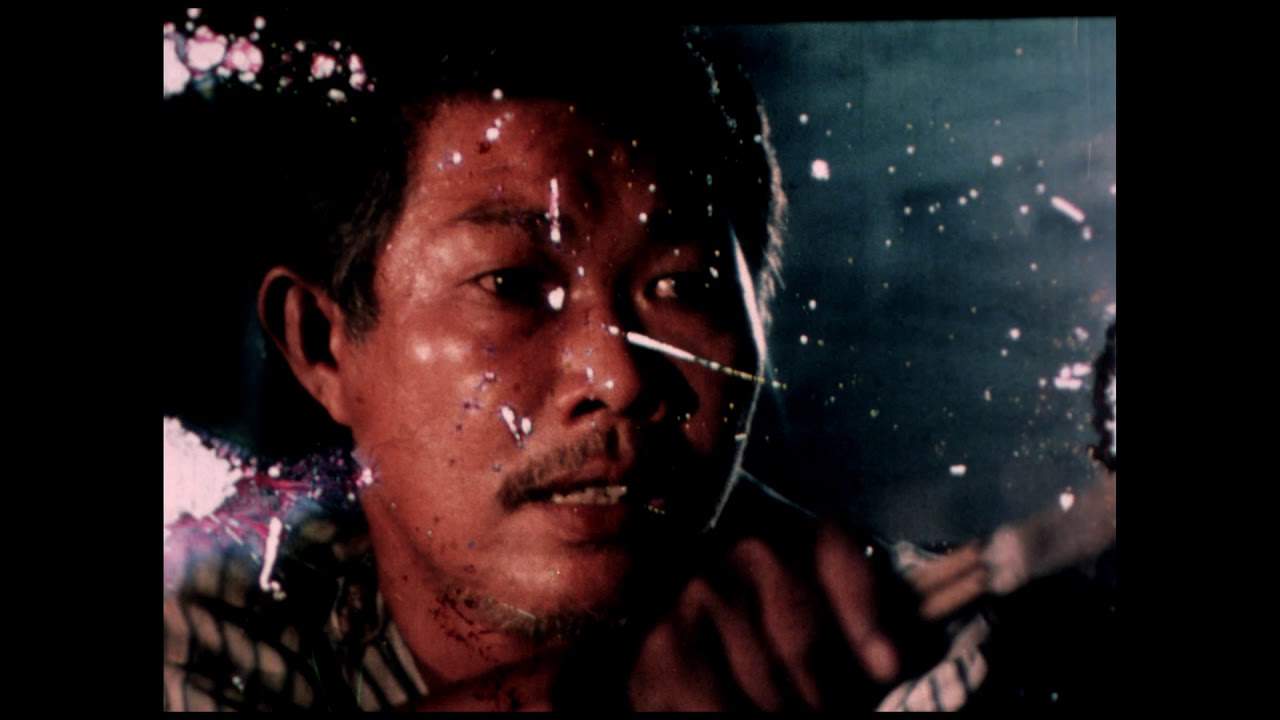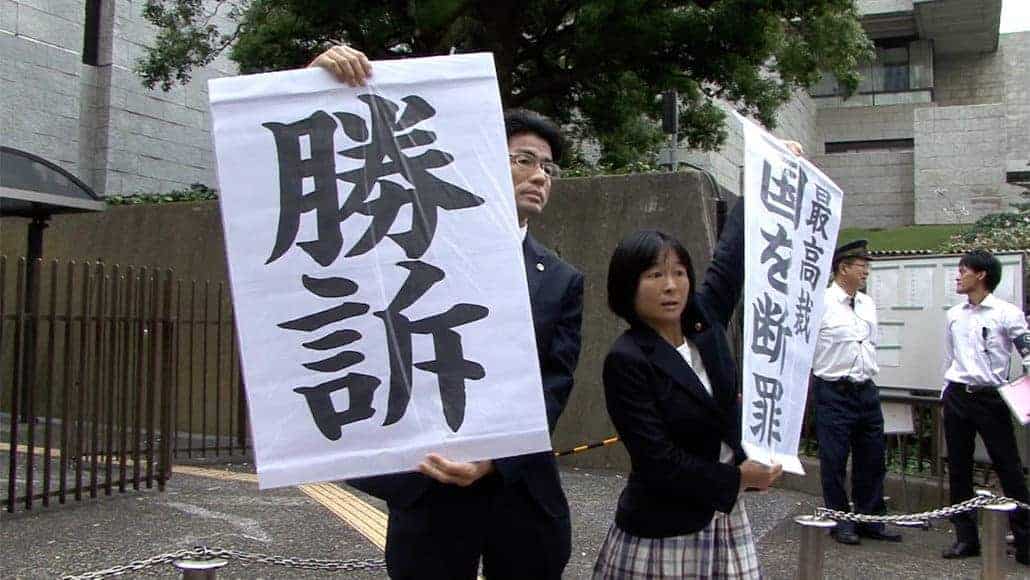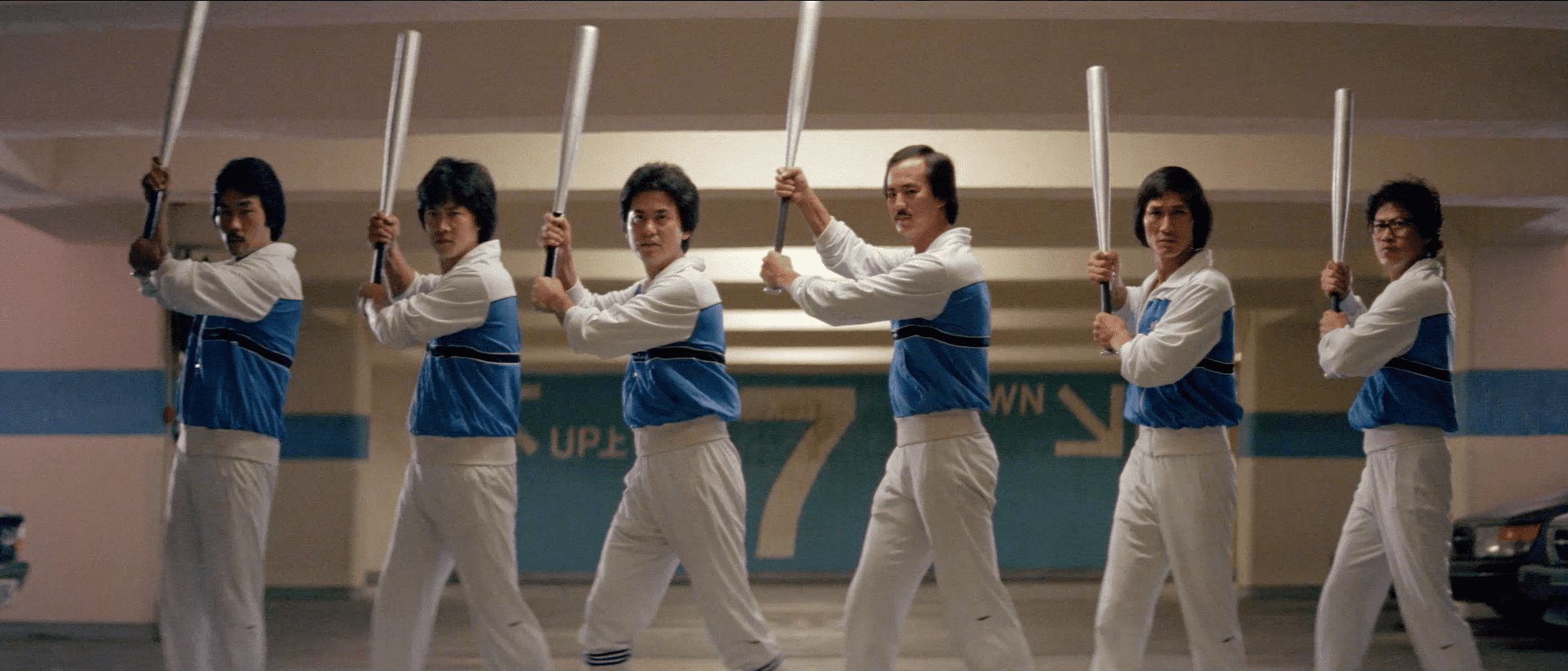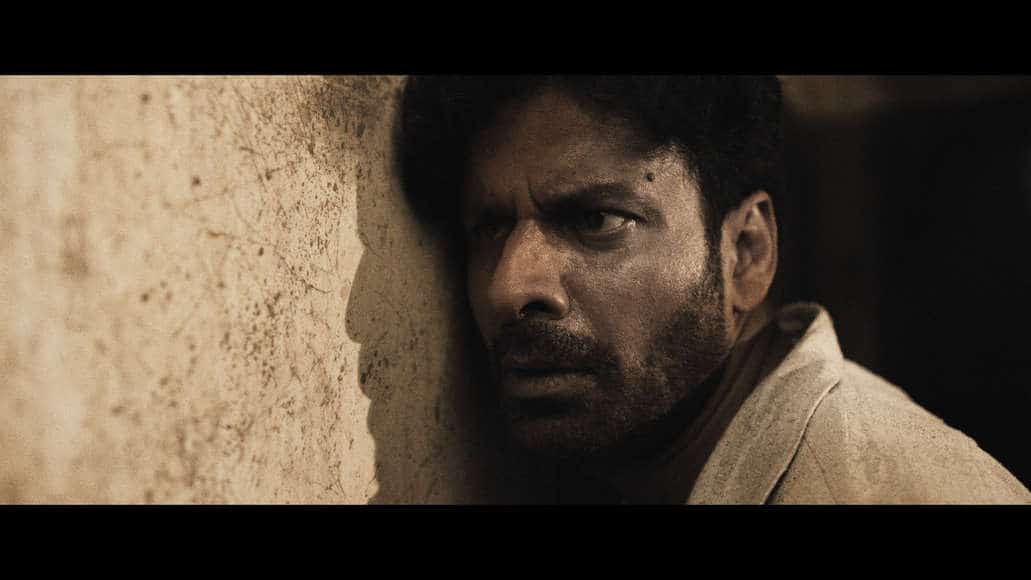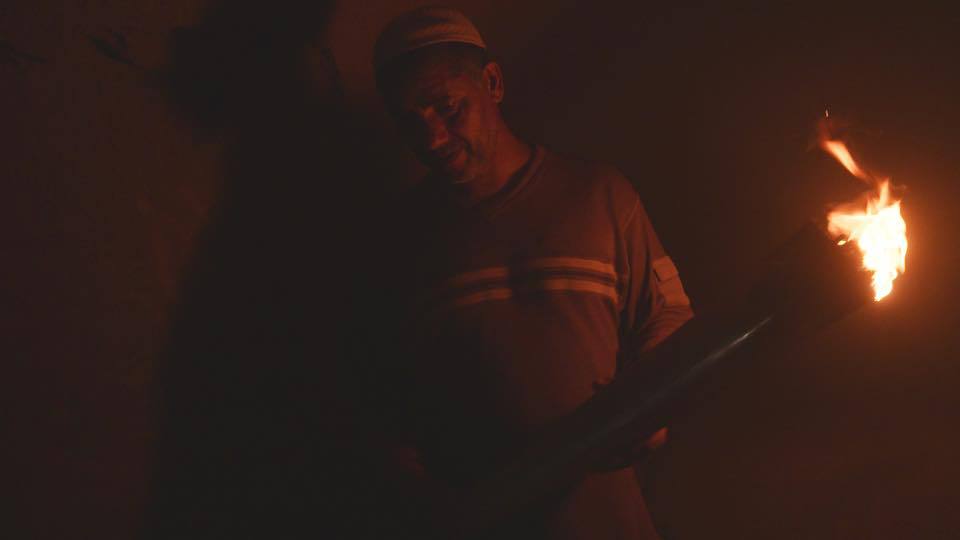The dark fantasy “Flashback Before Death” is the directorial debut of composer Hiroyuki Onogawa, who is best known for his collaborations with Sogo Ishii (“August in the Water”, 1995), and his wife Rii Ishihara. Set in 1930s Japan, the director tells an eerie story about death and sorrow.
Flashback Before Death is screening at Japan Cuts
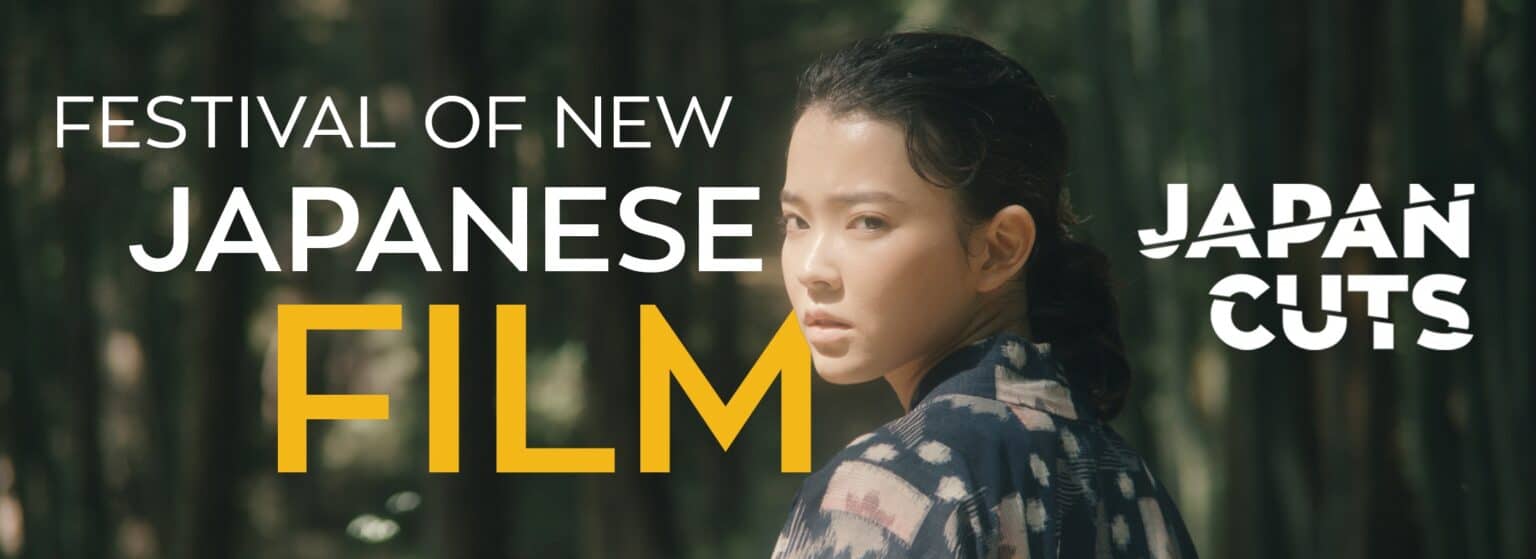
After completing his studies in France to become a translator, Kikuo, played by Masatoshi Kihara, returns home to his sister Tsuruha (Hanae Seike). It is a stormy and gloomy night as she embraces him at the door and leads him to a dinner table with a creepy doll. The audience is also kept in the dark about the main plot points and has to gather hints to make sense of the events. The doll used to be Tsuruha's child and was named Hinano. Due to a disability, she had to suffer a lot and was longing for death. Hinano's father died five years ago and Tsuruha had to raise Hinano by herself. In the course of the film, the audience is led to think that Tsuruha and Hinano are both dead already and all of Kikuo's experiences are actually flashbacks from the past.
The cryptic narration makes “Flashback Before Death” a very haunting short. Kikuo's memory lapses intervene with the present and create a feeling of disassociation. The suggested mother-child murder-suicide case looms over the plot like a ghost. Due to the lack of information, the pace of the movie seems a little slow in the beginning, but picks up with every new revelation. The mystery turns in a crime story, and the viewer becomes a detective that needs to solve the crime.
Check also this interview
Cinematographer Hinata Ishihara uses a lot of mirror shots. Water and shards are used as reflectors that symbolize the look at the past and simultaneously play with our perception of reality. In combination with the morbid theme and zen-like soundtrack, “Flashback Before Death” reminds of the works of Akio Jissoji (“This Transient Life”, 1970), who also had a favor for reflection scenes. On the acoustic level, natural sounds like wind and water can be heard throughout the movie, underlining the mythological aspect and bridging the border between our world and the afterlife. The editing, done by director Rii Ishihara, is well-made and adopts a clever technique to confuse the viewer. The flashbacks are hard to separate from the present timeline and make it extra difficult to draw a clear line. This culminates in a feverish 360-degree montage towards the end in which the picture seems to dissolve.
The technical aspect makes up for the rather bleak performance of the two main characters. Their mimic remains stiff and illegible. Although this minimalistic acting may be deliberate, it fails to convey emotions to the audience. That's why it gives the impression of ghost-like creatures that have lost their human features, caught in the bubble of the grief of bygone happenings.
Nevertheless, the short follows a coherent path and results in an absorbing murder mystery. Rii Ishihara and Hiroyuki Onogawa demand a lot from their audience, but it is a rewarding experience after all.


